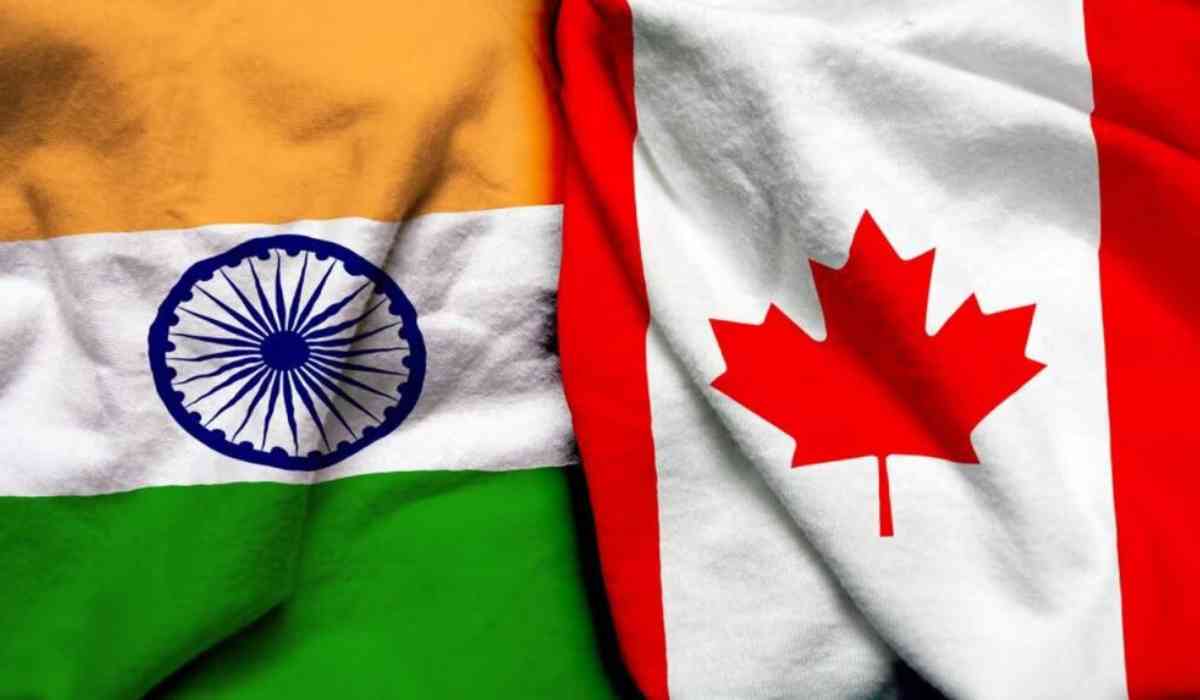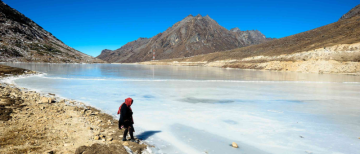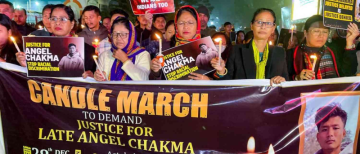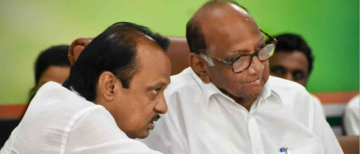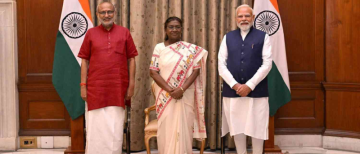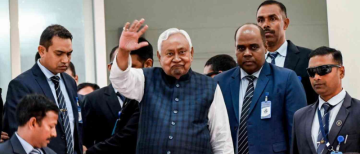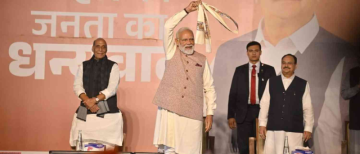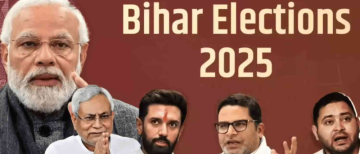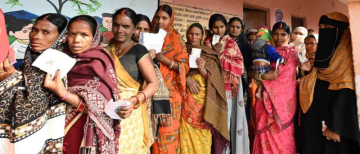In an alarming turn of events, Canada has withdrawn 41 of its diplomats from India, marking a significant escalation in the ongoing dispute concerning the killing of a Sikh separatist in Vancouver. This move comes in direct response to the Indian government's announcement of its intention to strip these diplomats of their diplomatic immunity, a measure deemed by Canadian Foreign Minister Mélanie Joly as both unprecedented and in violation of established international law.
During a press conference, Minister Joly emphasised the profound implications of India's actions on the safety of their diplomats, justifying the decision to facilitate their swift departure from Indian soil. She asserted that safeguarding the norm of diplomatic immunity is paramount, as its breach could potentially jeopardise the security of diplomats worldwide. With unwavering resolve, Joly affirmed that Canada would not reciprocate India's actions, underscoring the imperative need for continued diplomatic engagement between the two nations.
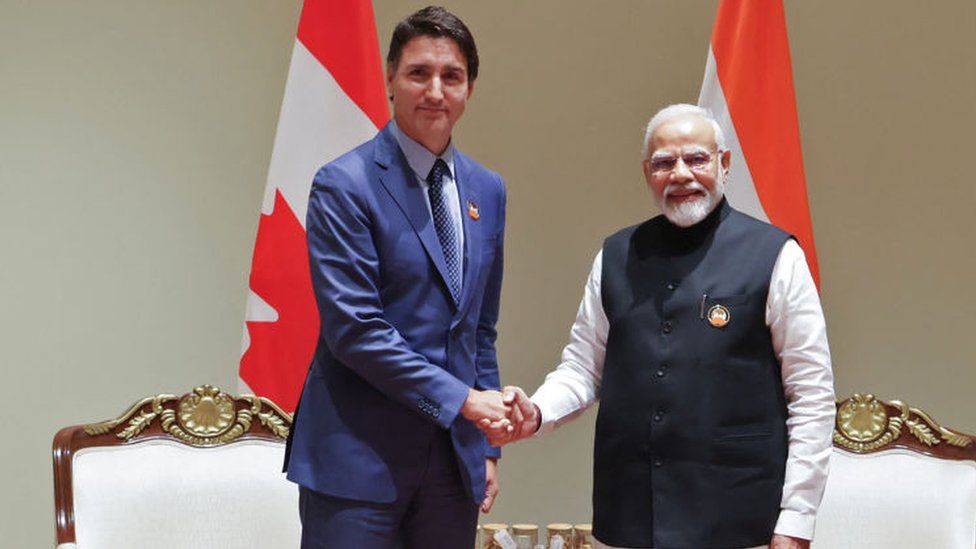
This contentious rift between Ottawa and New Delhi was sparked by Canadian Prime Minister Justin Trudeau's allegations last month, implicating Indian intelligence services in the assassination of Hardeep Singh Nijjar. Nijjar, a prominent figure in the Khalistan movement advocating for an independent Sikh state in northern India, was tragically gunned down in June. The Indian government vehemently denies any involvement in his killing, asserting that Nijjar, a naturalised Canadian citizen, was sought for alleged terrorism-related charges and conspiracy to commit murder.
The friction has only intensified with Indian officials accusing Canada of harbouring extremism and facilitating "anti-India activities." This has culminated in a series of retaliatory diplomatic manoeuvres, including the expulsion of a high-ranking Indian diplomat and the suspension of visa services for Canadian nationals.
Canada's withdrawal of its diplomatic corps leaves a reduced contingent of 21 representatives in India, a move reflective of the escalating tensions between the two nations. It is imperative that a pathway to resolution be sought, not only for the sake of diplomatic relations but also for the safety and security of individuals involved.
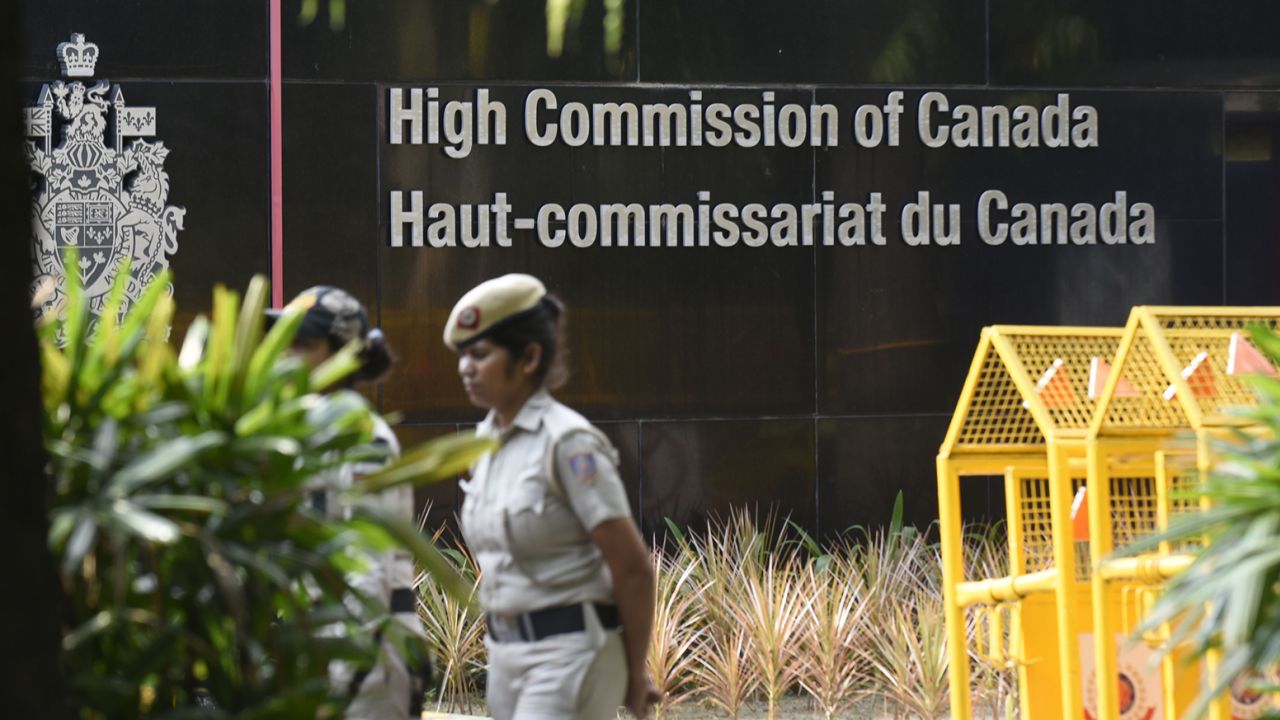
The complexity of this situation is further compounded by the historical context of Sikh separatism in India. The Punjab state witnessed a brutal decade-long Sikh rebellion in the 1970s and 1980s, resulting in a substantial loss of life before being quelled by security forces. While the Khalistan movement has waned in influence within India, it still commands substantial support among the Sikh diaspora, particularly in Canada.
Recent protests outside Indian diplomatic missions in Canada, where flags were burned and images of Prime Minister Narendra Modi were defaced, exemplify the depth of emotion and division surrounding this issue. It is imperative that both nations find a way to address the underlying concerns while respecting the principles of international law and diplomatic norms.
In this critical juncture, cooler heads must prevail. Continued dialogue and a commitment to finding common ground are essential. Failure to do so could have far-reaching consequences not only for Canada and India but also for the broader international community. It is our hope that both nations will prioritize diplomatic resolution and the safety of their citizens above all else.
© Copyright 2023. All Rights Reserved Powered by Vygr Media.

